#masato hagiwara
Explore tagged Tumblr posts
Photo
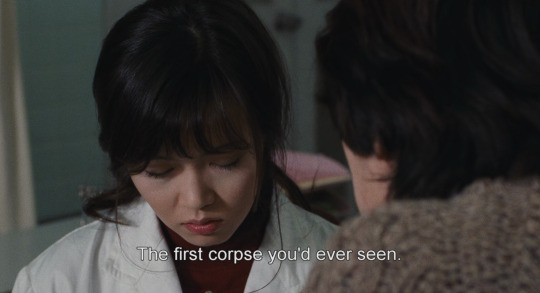
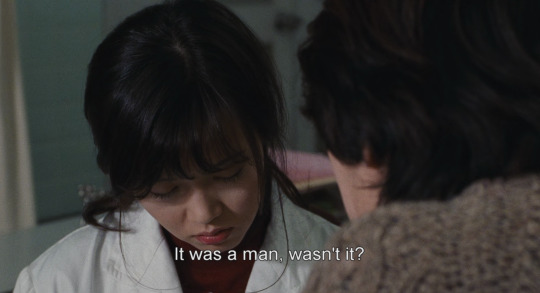
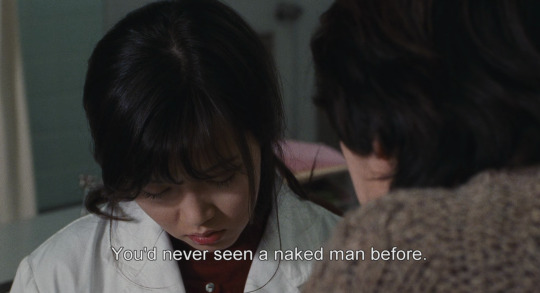
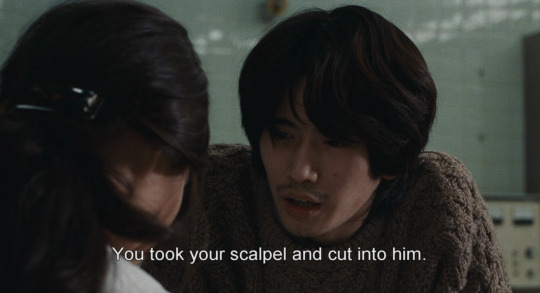
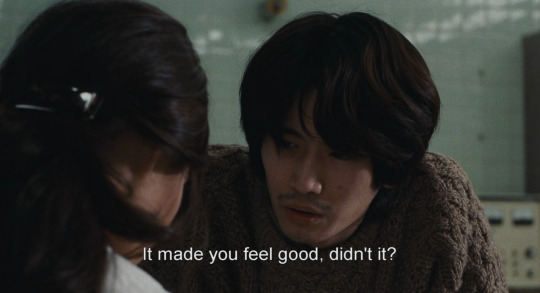
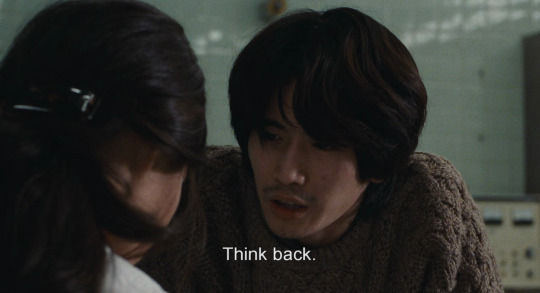
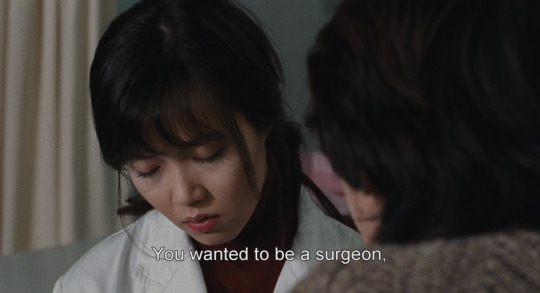
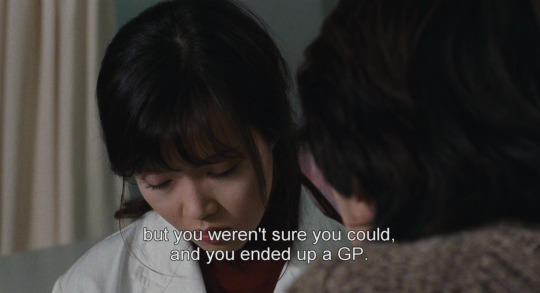
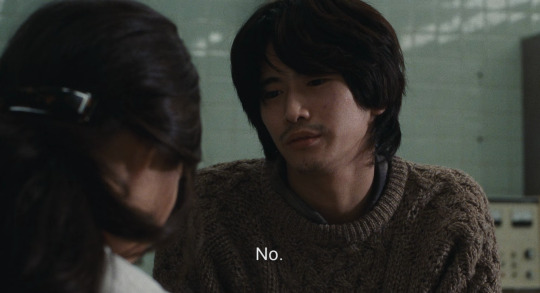
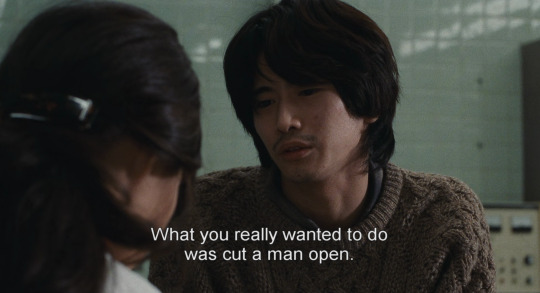
Cure (Kiyoshi Kurosawa, 1997)
565 notes
·
View notes
Text

#movies#polls#cure#cure 1997#cure movie#90s movies#kiyoshi kurosawa#koji yakusho#masato hagiwara#tsuyoshi ujiki#anna nakagawa#yukijiro hotaru#have you seen this movie poll
60 notes
·
View notes
Text










Sキュア // CURE (1997) dir. KIYOSHI KUROSAWA
63 notes
·
View notes
Text

A poster I made for one of my most favourite movies- Cure.
#cure 1997#cure movie#kiyoshi kurosawa#psychological horror#horror#movies#films#atmosphere#letterboxd#drama#film stills#japanese cinema#j horror#horror movies#japanese horror#horror film#koji yakusho#masato hagiwara#tsuyoshi ujiki
37 notes
·
View notes
Text


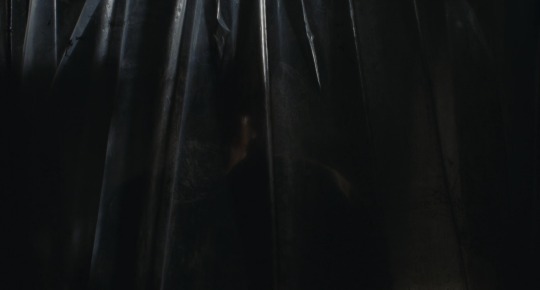
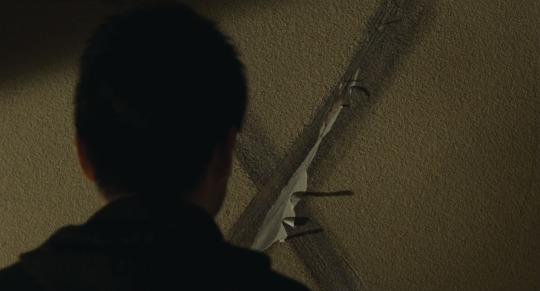
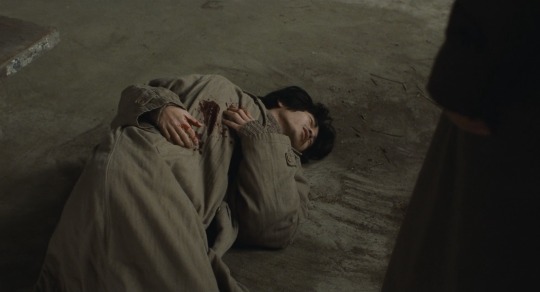
“All the things that used to be inside of me... now they are all outside.”
Cure (1997) dir. Kiyoshi Kurosawa
#cure#kiyoshi kurosawa#koji yakusho#anna nakagawa#masato hagiwara#horror#horror film#film screencaps#film stills#films#screencaps#cinematography
328 notes
·
View notes
Text
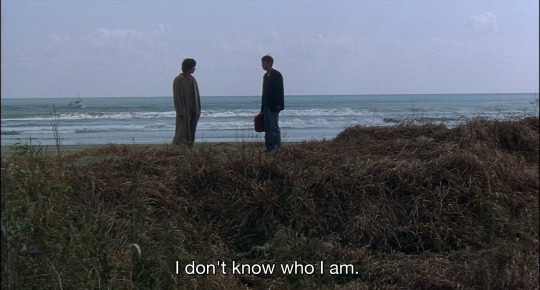
Kiyoshi Kurosawa
- Cure
1997
225 notes
·
View notes
Text













Cure (1997)
#iyoshi Kurosawa#Masato Hagiwara#Kōji Yakusho#Anna Nakagawa#japan#japanese movies#japanese films#movies#films#cinema#Cure#キュア#Kyua
3 notes
·
View notes
Text
Even If This Love Disappears from the World Tonight

Movies watched in 2024
Even If This Love Disappears from the World Tonight (2022, Japan)
Director: Takahiro Miki
Writers: Hana Matsumoto & Sho Tsukikawa (based on the novel by Misaki Ichijo)
Mini-review:
Takahiro Miki is so good at making these romance movies with tragic undertones. Sure, this one doesn't break any new ground, but it's still very enjoyable. And it's visually gorgeous, exactly as I expected from this director: the atmosphere in his films always feels like a warm hug. The two leads also do a pretty good job, and their chemistry is definitely great. That being said, Kotone Furukawa steals the movie in terms of acting, and I wish her character had been explored a bit more. Anyway, I'd definitely recommend Even If This Love Disappears from the World Tonight to any fan of Japanese romances with a tragic twist.
#even if this love disappears from the world tonight#takahiro miki#hana matsumoto#sho tsukikawa#misaki ichijo#shunsuke michieda#michieda shunsuke#riko fukumoto#fukumoto riko#kotone furukawa#honoka matsumoto#masato hagiwara#maho nonami#maki mizuno#toru nomaguchi#koki maeda#japanese film#japanese movies#romance#romantic movies#sad romance#movies watched in 2024
3 notes
·
View notes
Text

Cure directed by Kiyoshi Kurosawa
3 notes
·
View notes
Text
Cure [キュア] (1997)

Takabe is in a sense the perfect noir detective. He’s hot-tempered, lashing out at in frustration at setbacks and reacting violently to a distant, cool suspect. His devotion to his job is almost all-consuming, a ploy to avoid his troubled home life and his conflicted, frustrated views on his mentally ill wife. And he’s brilliant, finding the perp of the opening crime in a small hallway compartment on an instinctive hunch. The one thing he lacks in that formula is a general distaste for humanity. That role is filled by his companion, the psychiatrist Sakuma. Crime is motiveless to him: why try to attribute reason to madness? Takabe must find an answer, and that zealous drive spurs him on to his doom.
The film matches Sakuma’s worldview in its handling of the evils visited by the mesmeric killings as supremely banal. People leap from rooftops or through windows, shoot their colleagues, obsessively study tapes, all in indifferent wide shots that offer no overt suspense or intrigue. Much like the perpetrators’ claims, this is all calm and ordinary. Similarly, Mamiya is a vessel. He constantly asks questions, spinning a web of uncertainty before he lights his flame or uses water to mesmerize his victim. His existence is indifferent, everything inside of him without. All of Mamiya’s dialogue is the verbal equivalent of this arm’s length treatment of emotion and sense of self. Whenever the film cuts to a close shot of someone’s face, it’s too late.
This sort of intentionality permeates every layer of a film ironically going for subliminal suggestion, but it’s all the better for it. Quick edits which interrupt continuity render Mamiya as the master of reality here, able to move about the space free of how logic should dictate, and makes Takabe helpless despite his authority. Chillingly, the film is almost entirely devoid of score, again leaning into the pedestrian nature of evil presented here. Dulling of sound instead takes precedent: a fight breaks out in the precinct during Mamiya’s arraignment, and then all we can hear is their private dialogue. The sea is muted during Mamiya’s introduction. All that needs to be said is that music appears only during the opening killing and then again when Takabe escorts his wife to the asylum and during his last dinner.
THE RULES
SIP
Someone says 'Takabe'.
The X symbol appears somewhere.
Takabe turns off the washing machine in his home.
Quick, subliminal images flash onscreen.
BIG DRINK
Someone jumps out/off of a building.
A lighter is ignited.
The Bluebeard story is mentioned.
#drinking games#cure#kiyoshi kurosawa#koji yakusho#masato hagiwara#crime#film noir#horror#horror & thriller#japanese cinema
3 notes
·
View notes
Photo

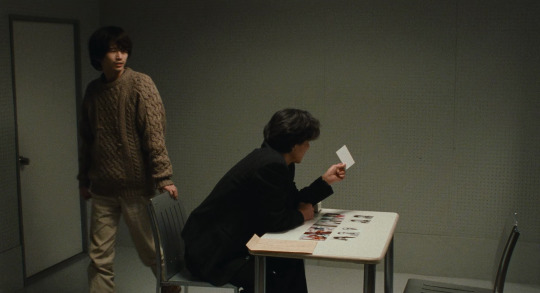

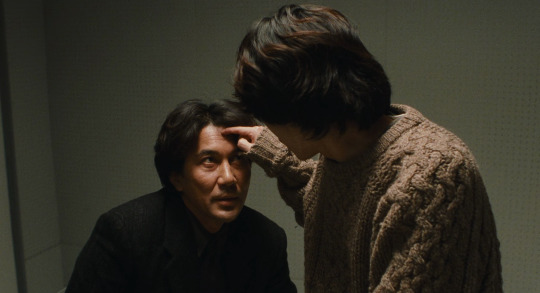
Cure (Kiyoshi Kurosawa, 1997)
177 notes
·
View notes
Text



Watching HorrorFest 2024
CURE Kiyoshi Kurosawa, Japan, 1997
#watching#horror films#Japanese films#HorrorFest 2024#Kiyoshi Kurosawa#Kôji Yakusho#Masato Hagiwara#Tsuyoshi Ujiki#The Criterion Collection#The Criterion Channel
0 notes
Text
Cure (1997)
New Orleans is currently enjoying the best repertory cinema programming it’s had in my lifetime. I may have missed the healthy art-cinema scene that was obliterated by the arrival of the AMC “Palace” multiplexes in the city’s suburbs in the 1990s, but something beautiful & exciting has sprouted from that rubble in the 2020s. Looking back at the older movies we’ve covered on the blog over the…

View On WordPress
#brandon ledet#cure#horror#hypnotism#Kiyoshi Kurosawa#Kōji Yakusho#Masato Hagiwara#mesmerism#reviews#serial killer
0 notes
Text


0 notes
Text
Cure

Of the J-horror films that began to appear in the 1990s, CURE (1997, TCM, Criterion Channel), written and directed by Kiyoshi Kurosawa (no relation to Akira), may be the most internationally popular not to get a U.S. remake. United Artists announced plans for one in 2002 to be produced by the same team that created the American THE RING (2002), so that may be a good thing. The problem facing anyone tackling the picture would be how to make CURE’s elliptical ending satisfying without betraying the film’s spirit.
Police detective Takabe (Koji Yakusho) is stuck investigating a string of murders with the same M.O.s — an X cut into the victims’ throats —but different perpetrators. To make matters worse, the killers can’t always remember committing the crimes, and those that can can’t remember why. As Yakusho tries to find some kind of lead, Kurosawa introduces us to Mamiya (Masato Hagiwara), an amnesiac (or is he) who can’t even remember what’s happened two minutes earlier. He’s taken in by a schoolteacher, who then murders his wife in the same way as the others. Yakusho eventually tracks down Hagiwara, only to run up against the man’s inability to remember anything.
Kurosawa shoots all this almost clinically, at least until near the end. He doesn’t juice up the story’s sensationalistic elements. He simply lets the plot unfold in front of the camera as if the film were more procedural than horror. It’s the ideas that are heady, as Hagiwara repeatedly asks his victims and interrogators who they are. It eventually becomes clear that it’s not their names and jobs he’s trying to establish, but rather what lies behind them, and that suggests the key to how he gets people to commit seemingly unmotivated murders. Hagiwara doesn’t just serve as a queer intrusion into the orderly society; he also brings out the queer in those he influences. A lot of this is played against decaying buildings — mental hospitals and a junk yard laboratory — suggesting Kurosawa is exploring toxic elements of a culture out of touch with itself (this is a Japanese film in which nobody dresses in traditional garments, not even at home). As Yakusho gets closer to figuring it all out, the film gets more dreamlike, with sudden cuts to memories and fantasies. At the end, nothing is really explained. There’s a hint of more violence to come (a more overt scene was cut before distribution), but nothing definite, which is both unsettling — ultimately, there is no cure —and more than a little frustrating. But isn’t that the way society often makes us feel?
1 note
·
View note
Text






165 notes
·
View notes